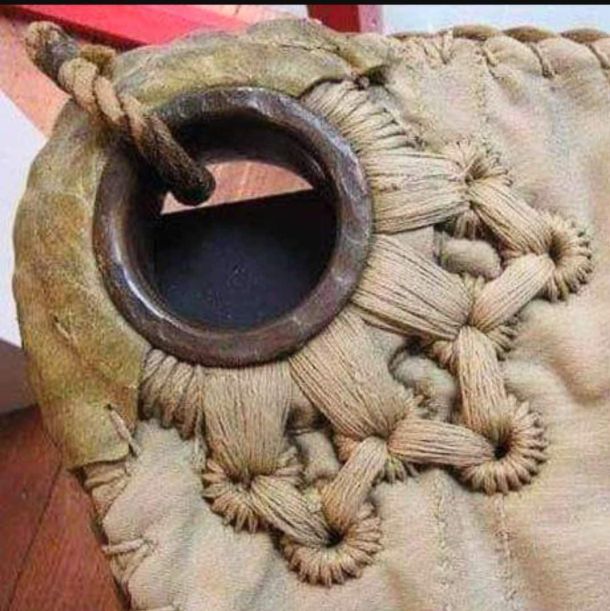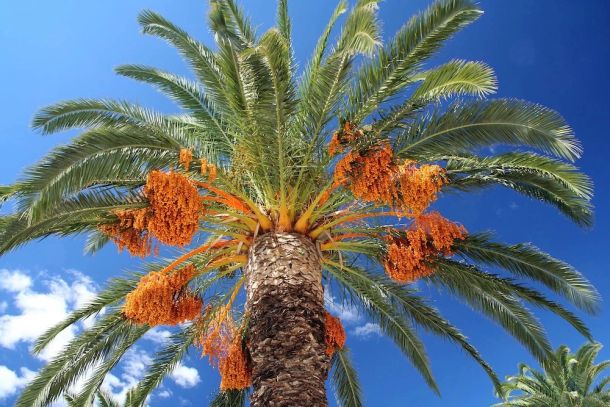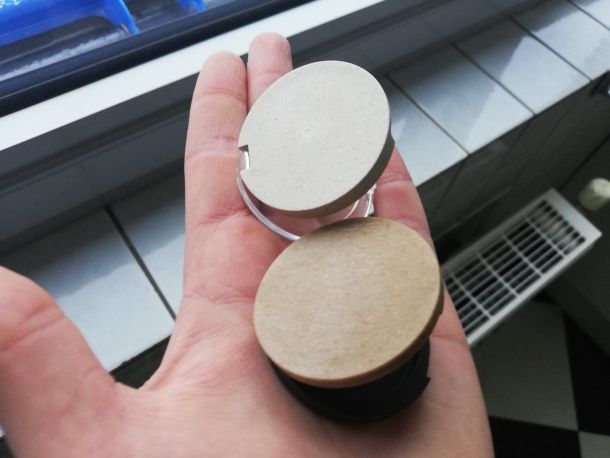
How the Dutch sailed the world with plant fibers
Once upon a time, in the ancient realms of human civilization, there existed a deep appreciation for the wonders of plant fibers. It was a time when people marveled at the incredible properties of various plant materials and discovered their countless uses. From clothing to shelter and tools, the story of plant fiber applications began to unfold.
In those ancient times, great civilizations like the Egyptians, Mesopotamians, and the people of the Indus Valley were the trailblazers in recognizing the value of plant fibers. They understood the durability and flexibility that could be harnessed from plants like flax, hemp, and cotton. With their skilled hands, they wove these fibers into clothing, ropes, and nets, embracing the inherent strength and utility they possessed.
Plant fibers began to flourish
But it was during the advent of agriculture, around 10,000 BCE, that plant fibers truly began to flourish. As humanity transitioned from a hunter-gatherer lifestyle to settled communities, they started intentionally cultivating plants for their fibers. This marked a monumental shift, as communities could now access abundant fiber resources, opening doors to new possibilities. Centuries later, the world witnessed the rise of the Industrial Revolution in the 18th and 19th centuries. This period would forever alter the destiny of plant fiber applications. With the invention of machines like the spinning jenny and power loom, textile production soared to unprecedented heights. Plant fibers, especially cotton, gained prominence due to their ease of cultivation, high yield, and remarkable versatility. The stage was set for a new era of industrialization, fueled by the wonders of plant fibers.
Industrial revolution
As the world embarked on an era of global trade, plant fibers played a pivotal role in shaping the destiny of nations. With each passing year, technological innovations propelled plant fibers to new heights. Mechanical spinning and weaving techniques followed suit, boosting productivity and expanding the diversity of plant fiber applications.
In the modern world, plant fibers continue to weave their way into numerous industries. Cotton stands tall as the primary fiber for textiles, while jute, hemp, and sisal find their purpose in products such as sacks, ropes, carpets, and geotextiles. Moreover, plant-based fibers have become increasingly popular in sustainable and eco-friendly industries, embracing applications like bio-composites, insulation, paper production, and biodegradable packaging. These fibers not only serve our needs but also nurture our planet.
But let us now turn our attention to the Dutch, a remarkable maritime nation that left an indelible mark on the exploration and trade of their time. Plant fiber applications were at the heart of their seafaring endeavors, guiding them through uncharted waters and towards new horizons. Hemp fiber, derived from the resilient Cannabis sativa plant, became the backbone of Dutch maritime activities. Its strength and resistance to saltwater made it indispensable for constructing ship rigging, ropes, cables, and nets.
Pioneers in sailmaking
In their quest for superior sails, the Dutch were pioneers in sailmaking. Initially, flax fibers were their choice due to their lightweight nature and ability to be tightly woven into durable sailcloth. However, the limitations of flax in humid conditions prompted the Dutch to turn to hemp canvas, which provided unparalleled strength and endurance
Wrapping Up
By utilizing plant fiber applications like hemp and flax, the Dutch were able to navigate the world's oceans and establish a vast colonial empire. These fibers provided the necessary strength, resilience, and versatility required for their ships, sails, and clothing, enabling them to undertake long-distance voyages and dominate global trade during that era.



